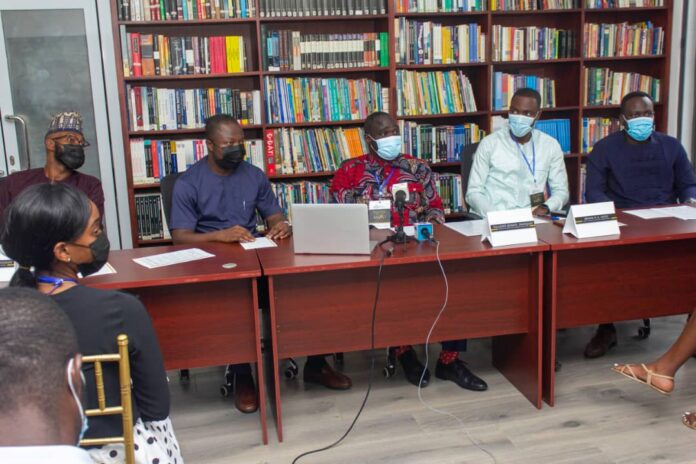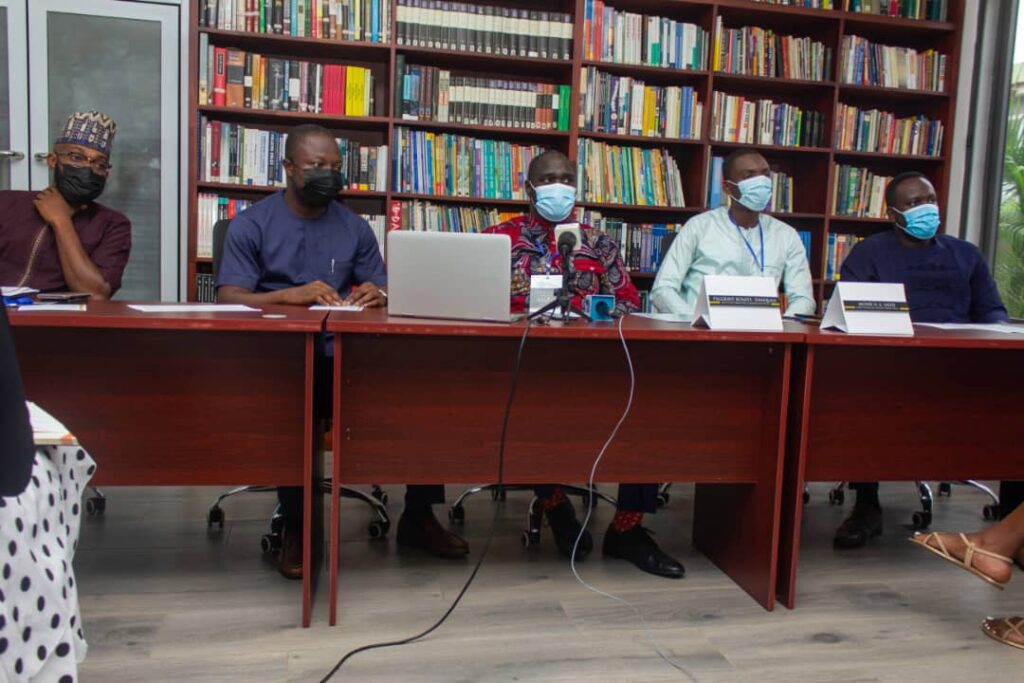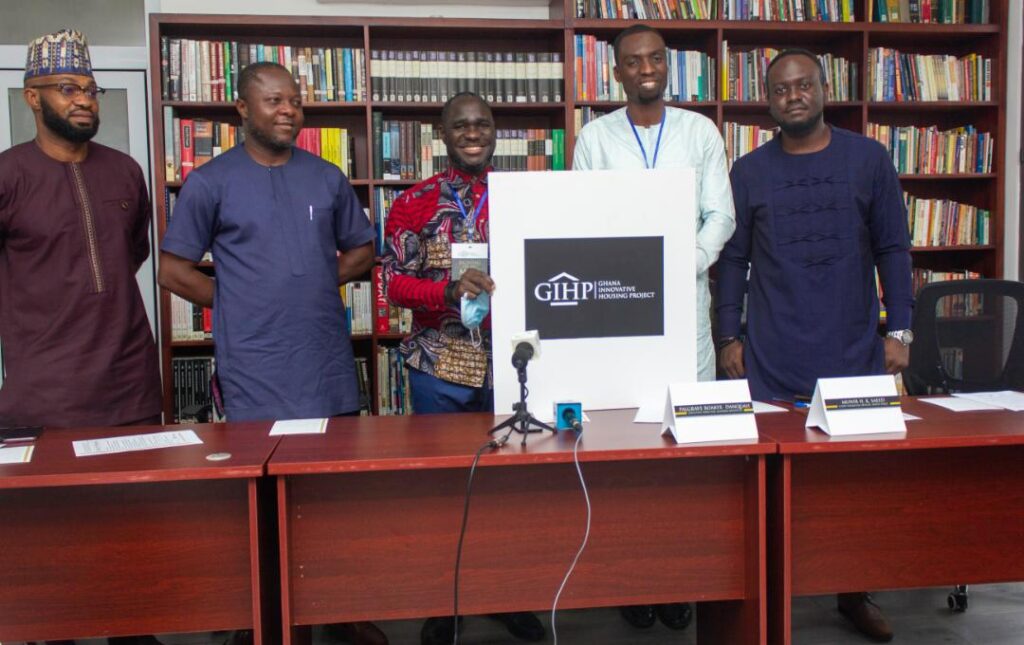
Affordable housing programs in the urban cities of Ghana over the years have still not been so accessible to the otherwise intended low to middle-income families for varying reasons.
Thus, the housing deficit continues to be around 2 million with an average annual housing need of about 133,000 influenced by an average urban growth rate of 3% per annum between 2000-2030.
With these projections, the urban population in the country is expected to increase by 65% by 2030 which will further exacerbate the demand for housing in the country.

With such figures, the total housing deficit is expected to exceed 4.2 million by 2030; it goes without saying, that for such alarming figures, proactive measures are but prudent to stem the potential housing catastrophe that looms in our cities.
One cannot overemphasize enough the need for decent housing for each and every Ghanaian as it is but a basic social need yet still eludes tens of thousands of well-deserving Ghanaians.
It is on the back of this that the Kandifo Institute, Halzebatz SARL, and SheltaSpace have launched the Ghana Innovative Housing Project.

Speaking at the launch, Chief Operating Officer for Shelta Space Zuhur Ahmed Mohayideen said the project seeks to address the issue of the housing deficit in Ghana.
He said “the high rate of urbanization across the world has led to the increased demand for good and affordable housing.”
“As part of the 17 interlinked global goals or the Sustainable Development Goals designed to be a “blueprint to achieve a better and more sustainable future for all”, Goal 11 seeks to make cities and human settlements inclusive, safe, resilient, and sustainable and this is why it is necessary for all and sundry to start engaging in innovative housing projects.”
He stated that even though the past and present have developed initiatives such as the Reformation of Ghana Rent Act 220 (1963), Real Estate Agency Bill (2020), The Ghana Building Code, Establishment of National Housing and Mortgage Fund, an affordable housing Real Estate Investment Trust, Land Use and Spatial Planning Act 925 (2016), the new Land Bill (20), none of these have helped the ordinary Ghanaian own an affordable home.

He indicated “today, Kandifo Institute together with Halzebatz SARL and Shelter Space seeks to address the dire need of housing units in Ghana because of the existing mass shortages of homes. Populations keep expanding and housing happens to be one of the key essential elements to economic growth and development.”
Mr Mohayideen went on “this project will provide rock-bottom priced modular housing in Ghana and this is an incoming reality in Ghana where affordable housing really means affordable. Having stated some existing housing projects above, Kandifo Institute provides policy directives for the Ghana Innovative Housing Project which targets low-income earners or the average Ghanaian and provides an alternative housing system and this alternative utilizes local materials such as wood which we can all admit Ghana has in abundance.”
“The project uses very simple and innovative housing practices in building and this is a job opportunity for the average Ghanaian. Beyond these, the project will also spearhead the campaign to reform the various housing policies in the country. seeks to implement extensive alternative, relatively affordable and environmentally friendly housing projects in addressing housing deficits in Ghana and across Africa.”
The Kandifo Institute is a youth-oriented and public policy think tank that advocates in a very practical way, influencing policies that facilitate and sustain conservatism as a guiding ideology of preference.
Source: Ghana/Starrfm.com.gh/103.5FM

